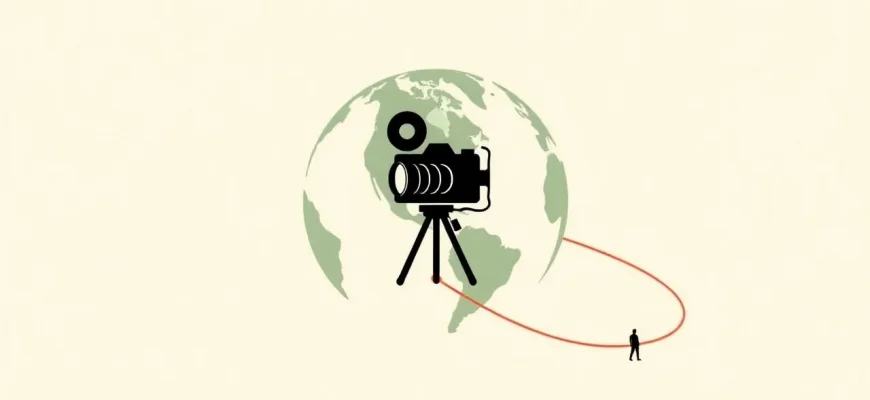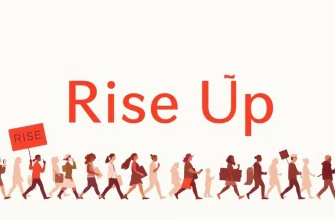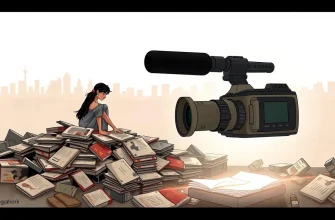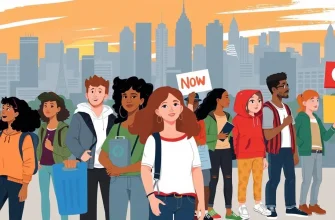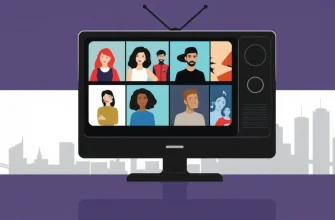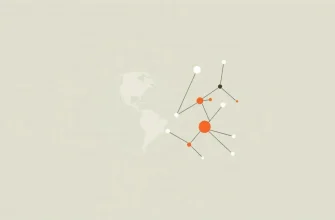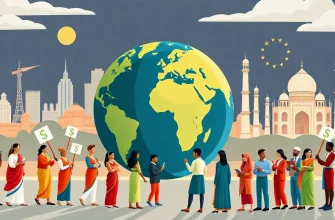Documentaries have the power to educate, inspire, and provoke thought. This curated list of 10 documentaries focuses on human rights, offering viewers a window into the struggles, triumphs, and ongoing battles for justice and equality around the globe. Each film in this collection not only informs but also challenges us to reflect on our own roles in the fight for human rights. Whether it's exploring the plight of refugees, the fight against discrimination, or the quest for freedom, these films are essential viewing for anyone interested in understanding the complexities of human rights issues.

The Cove (2009)
Description: While primarily about dolphin hunting, this film also touches on the broader issue of animal rights and the right to a healthy environment.
Fact: The film won the Academy Award for Best Documentary Feature and led to international pressure to stop the dolphin hunt in Taiji, Japan.
 Watch Now
Watch Now 
Ai Weiwei: Never Sorry (2012)
Description: This documentary follows the life and work of Chinese artist and activist Ai Weiwei, who uses art to challenge the Chinese government's human rights abuses.
Fact: Ai Weiwei was detained by Chinese authorities during the film's production, highlighting the risks he takes for his activism. Мета-теги: - Title: Human Rights Documentaries - Description: Discover 10 compelling documentaries that explore human rights issues, from freedom of speech to the fight against discrimination.
 Watch Now
Watch Now 
The Invisible War (2012)
Description: This documentary investigates the epidemic of rape within the U.S. military, highlighting the systemic issues that prevent justice for victims.
Fact: The film led to significant policy changes within the U.S. military regarding sexual assault, and it won an Emmy Award for Outstanding Investigative Documentary.
 Watch Now
Watch Now 
The Act of Killing (2012)
Description: This film delves into the Indonesian genocide of 1965-66, where the perpetrators are asked to re-enact their killings in the style of the movies they love. It's a chilling exploration of how societies deal with their past and the concept of justice.
Fact: The film was initially banned in Indonesia but has since been screened there. It also won the European Film Award for Best Documentary.
 Watch Now
Watch Now 
The Square (2013)
Description: This film captures the Egyptian revolution of 2011, showcasing the fight for democracy and human rights in the face of a repressive regime.
Fact: It was nominated for an Academy Award for Best Documentary Feature and won the Sundance Film Festival's Audience Award.
 Watch Now
Watch Now 
The Look of Silence (2014)
Description: A companion piece to "The Act of Killing," this film focuses on the survivors of the Indonesian genocide, exploring themes of memory, forgiveness, and the right to truth.
Fact: It was the first film ever to be banned in Indonesia for its content, and it was also nominated for an Academy Award.
 Watch Now
Watch Now 
Welcome to Leith (2015)
Description: This film documents the attempt by a white supremacist to take over a small town in North Dakota, raising questions about freedom of speech versus community safety.
Fact: The town of Leith, ND, became a focal point for discussions on hate groups and community rights.
 Watch Now
Watch Now 
Citizenfour (2014)
Description: This documentary provides an insider's view of Edward Snowden's revelations about global surveillance, highlighting the tension between security and privacy, a fundamental human right.
Fact: The film was shot in real-time during Snowden's first public interviews, and it won the Academy Award for Best Documentary Feature.
 Watch Now
Watch Now 
The Hunting Ground (2015)
Description: Focused on the issue of campus sexual assault in the United States, this documentary sheds light on the lack of accountability and the fight for justice by survivors.
Fact: It sparked a nationwide conversation about sexual assault on college campuses and influenced policy changes.
 Watch Now
Watch Now 
13th (2016)
Description: Ava DuVernay's documentary examines the intersection of race, justice, and mass incarceration in the United States, focusing on the 13th Amendment to the U.S. Constitution.
Fact: The title refers to the 13th Amendment, which abolished slavery but left a loophole for punishment for crime, leading to the mass incarceration of African Americans.
 30 Days Free
30 Days Free 
